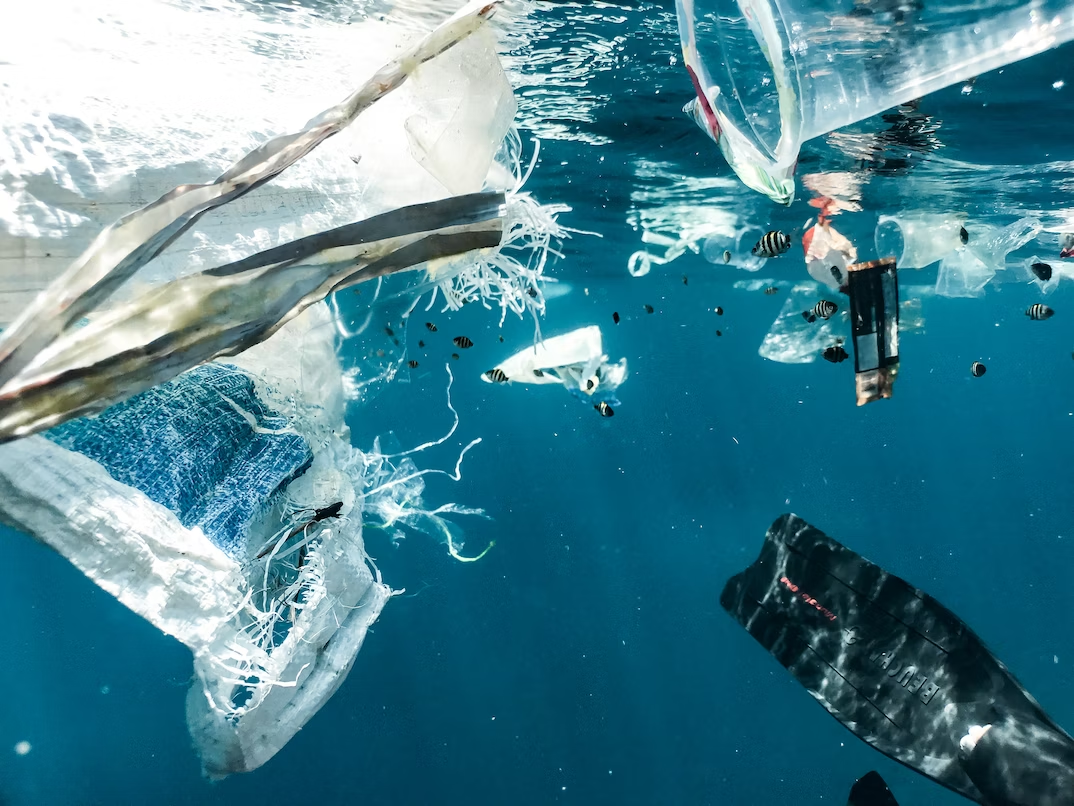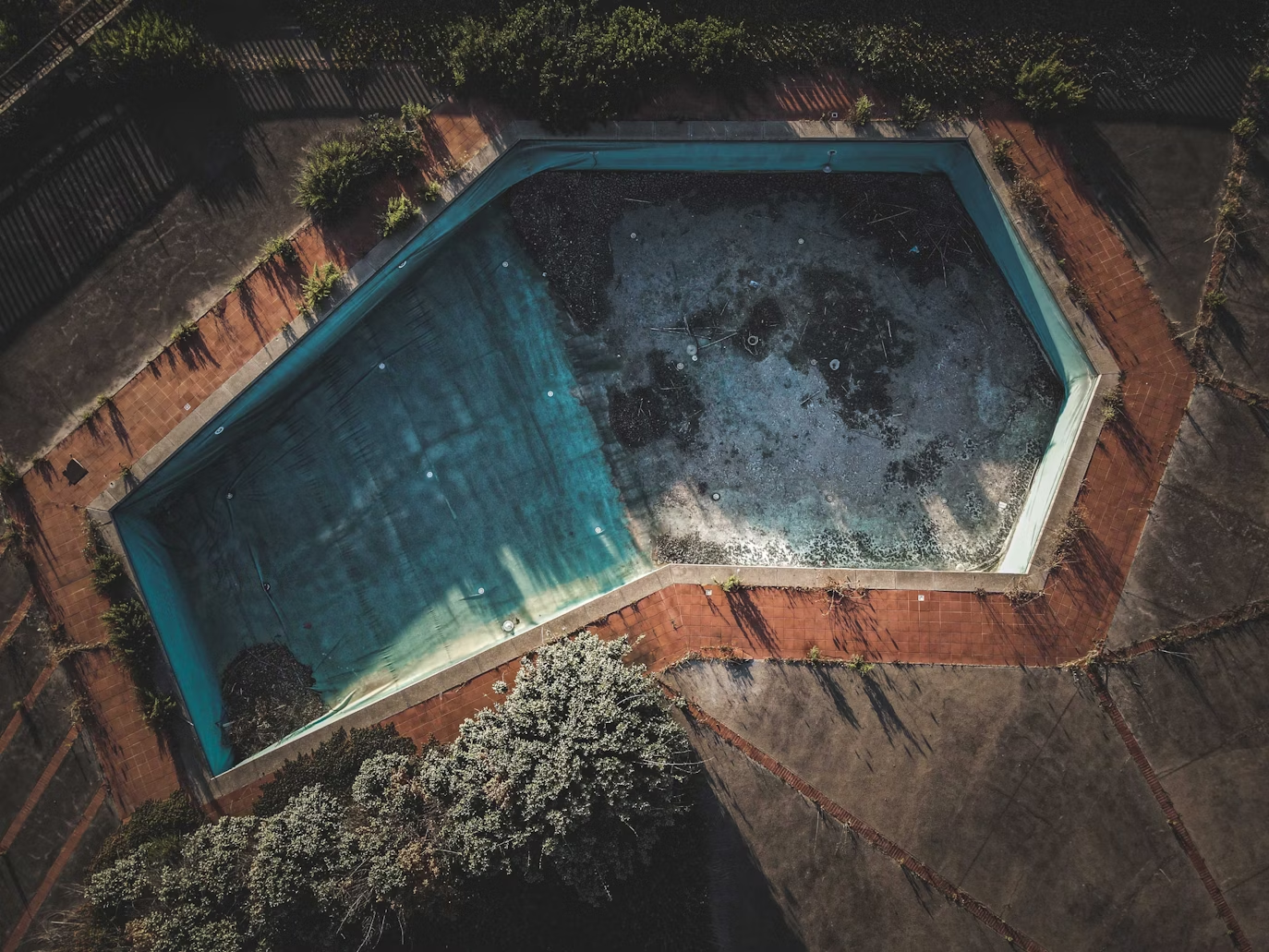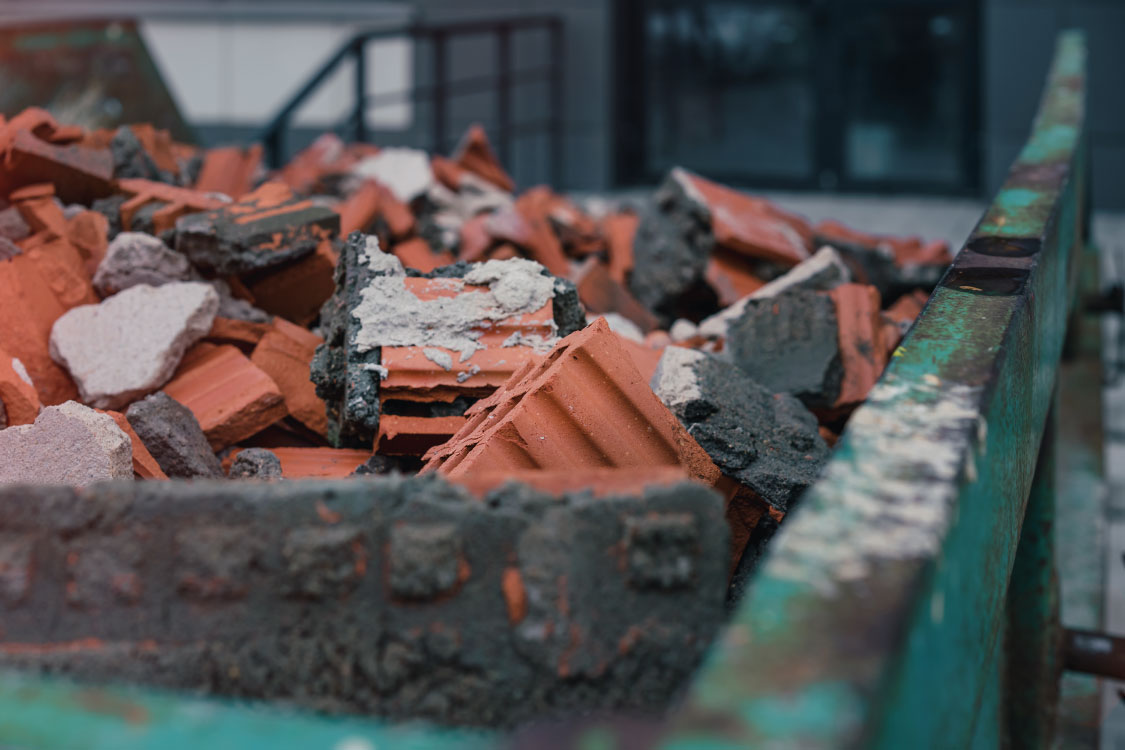
Ocean Pollution Statistics in Australia
While the ocean is a seemingly mighty force, it is not immune to the harmful effects of poor waste management. Every day, our oceans face poisons and pollution ranging from plastic waste to industrial chemicals and oil spills. We’ll explore the latest ocean pollution statistics in Australia, the causes, and what we can do to help reduce the impact on our marine ecosystems. So, let’s dive in!
Overview:
What percentage of the ocean is polluted?
Ocean pollution statistics in Australia
How many sea animals are affected by ocean pollution each year?
How can we fix ocean pollution?
What percentage of the ocean is polluted?
When it comes to ocean pollution, you might be wondering just how bad the situation is. Well, it’s estimated that over 40% of the world’s ocean surfaces are now polluted with plastic in some way, shape, or form. Which equates to just over 300 million metric tons of floating plastic and debris, poisoning not only the surface water but the marine life, coral reefs and surrounding environment.
That’s a staggering figure, and it’s not something that can be ignored. In Australia alone, the numbers are just as concerning. Recent reports suggest that around 75% of marine debris in Australian waters is made up of plastic materials, and that’s just the tip of the iceberg. Since 80% of the plastic in the ocean actually comes from land-based sources, it’s clear that we have a real problem on our hands, and it’s up to all of us to do our part in protecting our oceans before it’s too late.
What are the top ocean polluters in Australia?
The top causes of ocean pollution ocean in Australia are:
- Plastic
- Pesticides
- Metal
- Miscellaneous debris
The problem stems from the incorrect disposal of all types of garbage, which can easily find their way into our waterways and oceans each year.
Ocean pollution statistics in Australia
Here are some ocean pollution statistics from the Department of Agriculture, Water and the Environment:
- One million tonnes of Australia’s annual plastic consumption is single-use plastic, 84% of plastic is sent to landfill and only 13% is recycled.
- Every year in Australia approximately 130,000 tonnes of plastic leaks into marine ecosystems.
- Our use of plastic is increasing and across the world will double by 2040.
- By 2050, it is estimated that plastic in the oceans will outweigh fish.
- Each square kilometre of Australian sea surface water is contaminated by around 4,000 pieces of tiny plastics, also known as microplastics.
- Plastic pollution in the ocean is rapidly increasing every single day.
How many sea animals are affected by ocean pollution each year?
The impact of marine pollution on sea animals in Australia is a major issue. With the trillion pieces of plastic such as plastic bags, plastic bottles and other single-use plastics growing each year, marine life is in constant harm.
It’s estimated that around 100,000 sea turtles and countless seabirds, whales, dolphins, and other marine species die each year due to plastic debris. And that’s just the animals that we know about; there are likely many more that are impacted due to pollution-related causes that go undetected.
Find out more: Plastic is harming marine animals
How can we fix ocean pollution?
1. Proper waste management
Practising safe waste disposal methods will reduce harm to the environment and the risk of your waste entering the ocean. This includes properly disposing of e-waste, hazardous waste, general waste and recycling whenever possible.
2. Reduce plastic use
Plastic waste is one of the biggest contributors to ocean pollution, so reducing our use of single-use plastic products like straws, bags and bottles is crucial. There are many reusable or biodegradable alternatives!
3. Support ocean-friendly businesses
Businesses that prioritise sustainability and environmental responsibility can help to reduce ocean pollution. For example, some companies make efforts to reduce their plastic waste production by using more sustainable materials or offering reusable packaging options.
4. Advocate for change
We can use our voices to advocate for change at the individual, community, and government levels. This can include supporting policies and regulations that promote sustainability, participating in beach cleanups and other environmental events, and spreading awareness about the issue of ocean pollution.
Find out more: How can you help our ocean?
Stay on top of your waste management with Just Skips
Ocean pollution in Australia is a real problem and it is important that we all do our part to keep our oceans clean and healthy. At Just Skips, we see firsthand the impact that waste can have on the environment, that’s why proper waste disposal is so important. You can order a general waste skip bin in Adelaide at a range of skip bin sizes and prices, so there is a skip bin for every waste disposal job. If you have any questions, contact us online today or give our friendly staff a call at (08) 8255 6677 for more information.



